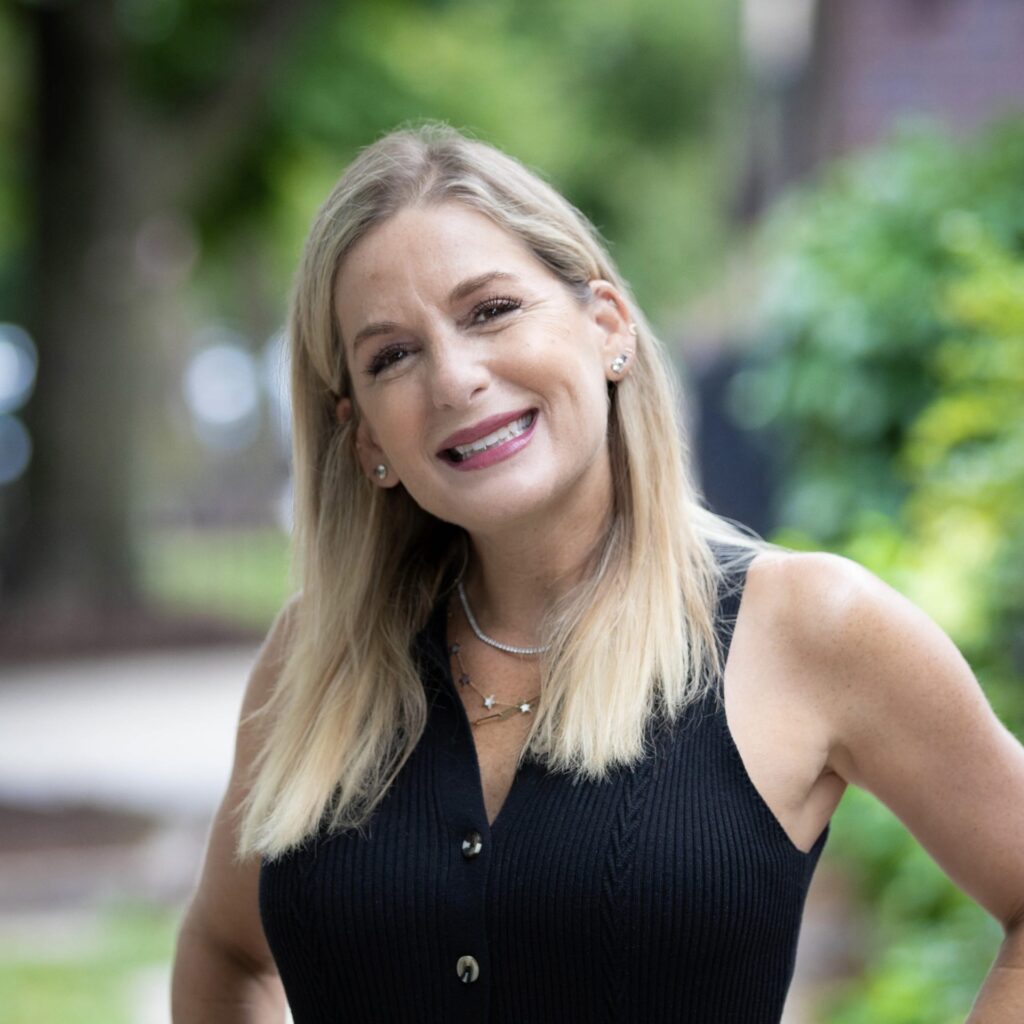I have often noticed that exposure to an anxiety-evoking experience can be a good thing- within limits. As a young child, I loved horror films and comic books and later in life exposed my children to scary films such as “The Shining”, relatively oblivious to how frightening they might be for them. They seemed to enjoy them, even if they hid under the seat during the scariest moments. My grandson loves horror films and we often bond around watching them together.
I have noticed a fear of being afraid in certain people, particularly in response to the current pandemic. The politicization of wearing masks makes some people proud of not wearing them, even at risk of exposing others and themselves to illness.
The very idea and practice of exposure to an anxiety producing situation can be therapeutic and reduce certain anxious and obsessive compulsive tendencies. The problem is that the opposite has currently become necessary. We often need to actively practice compulsive avoidance behavior, in order to protect against risky exposures. It is almost as if obsessive compulsive defense mechanisms and behaviors now are needed to protect ourselves against risky exposures to the virus. We all must temporarily become healthily compulsive and even obsessive and attempt as much as we can to avoid the various viral risks that surround us.
As a clinical psychologist, I was trained to believe that neurotic behavior can occasionally be adaptive and practically useful in some crisis situations. I have even seen OCD clients wandering about more freely in their particular environments than I myself might feel in the current pandemic. It is as if their defensive avoidance mechanisms (i.e., excessive hand-washing, bathing etc.) that were previously over the top can now help them navigate the current truly scary situation, as though it were a mere piffle and no big deal.
I don’t actually envy their current resiliency, because I know that their ultimate OCD symptoms can tragically hand-cuff them from a freer more creative and energetically fulfilling experience of life. Once the world (god willing) returns to some semblance of normalcy, they will, hopefully, go back and continue risking a challenging exposure to their own particular anxiety-provoking inner and outer demons. They may even use this crisis to free themselves a bit more.
But, for the time being, we all need to temporarily become obsessive compulsive (i.e, wash our hands like Dr Fauci 50 or so times a day, wear masks in public places, socially distance and avoid crowded situations, as much as possible.
There is no need to worry that this will become permanent personality distortions, once the very real danger of the pandemic is reduced and eventually eliminated.
I have learned from intensive study and practice of yoga (asana and pranayama) that we need not worry of becoming rigidly stuck in over-controlled behaviors. We always go back to our more typical and hopefully more flexible base-line of behavior quite naturally.
My basic message is that we all (young and old) should continue copying the behavioral tendencies of many OCD individuals. We need to avoid exposure to overly risky situations via as rigidly obsessive and perfectionist habits and routines as we can tolerate. Each of us has our own personal “crap-shoot” and acceptance for potentially risky behaviors and situations, of course.
Eventually, we will all extend our anxiety and risk tolerance back to our normal, much less rigid and more flexible behavioral patterns.
MORTON KISSEN is a professor emeritus of clinical psychology at the Derner institute, Adelphi University
